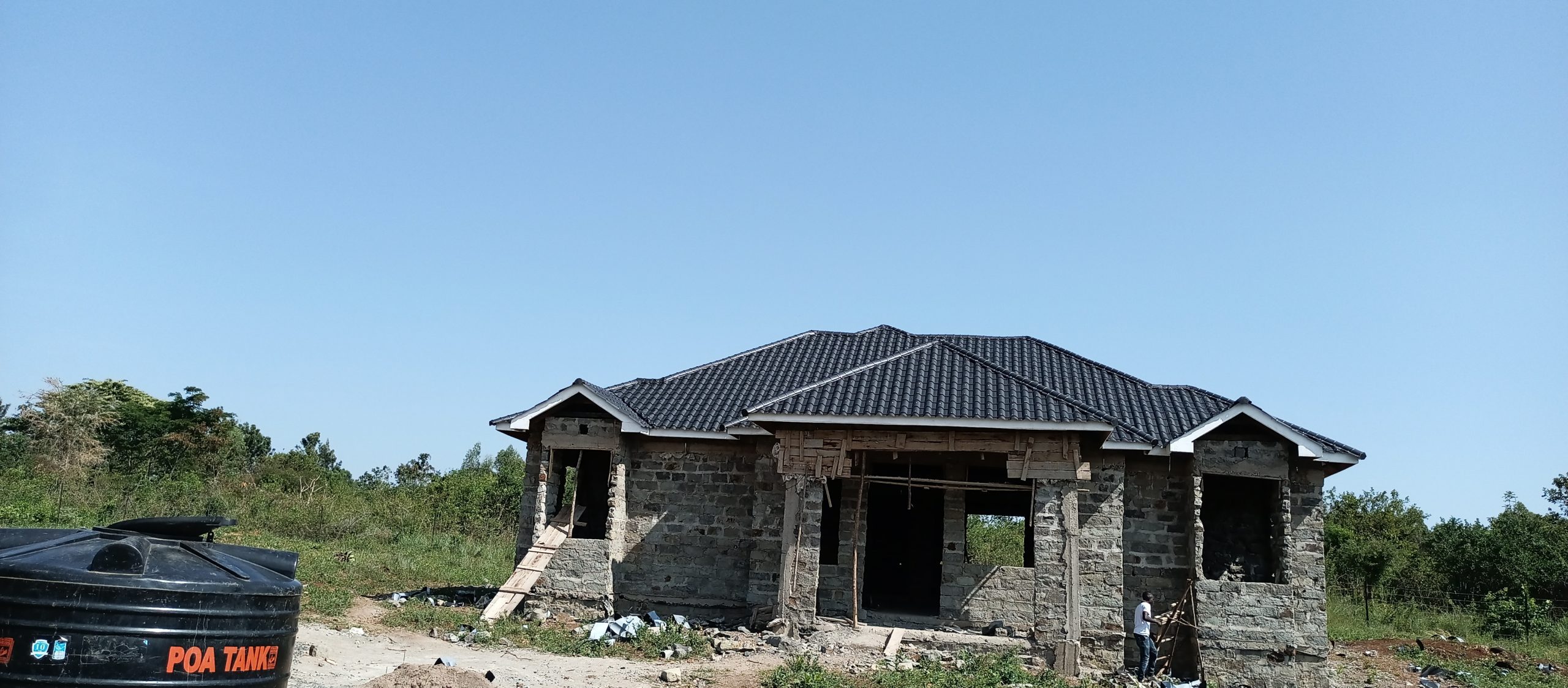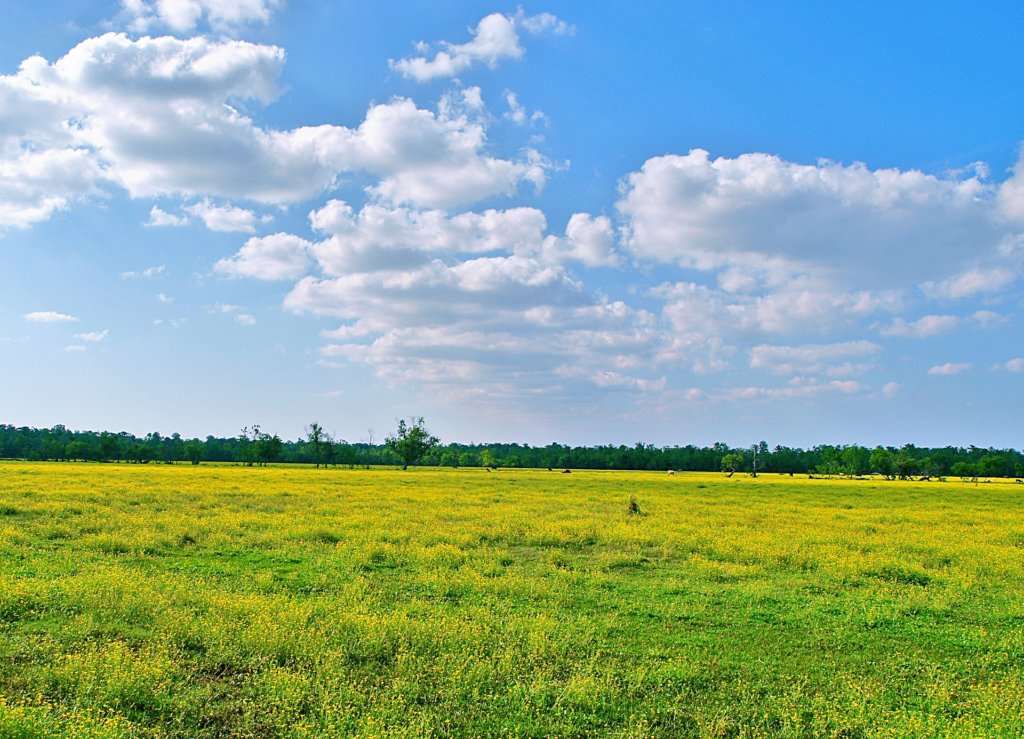Leasehold vs Freehold Land Kenya
Compare leasehold vs freehold land in Kenya — costs, rights, risks & renewal. Get the full buying checklist, legal steps, and what works best for different buyers in 2025.
Introduction
When deciding to buy land, one of the first questions you will face is leasehold vs freehold land in Kenya — which gives better security, value and future flexibility? In this guide, we compare freehold and leasehold land in Kenya, highlight long-tail topics like “leasehold expiry renewal Kenya” and “leasehold mortgage Kenya bank requirements,” and provide a practical roadmap to help you choose confidently. Whether you’re an investor, homeowner, or foreign buyer, this article gives you the due diligence checklist, risk mitigation tips, and transaction steps you need.
What the Law Says – Land Tenure & Statutory Basis
Kenya’s land law framework defines different tenures, rights, and limitations. Before comparing leases and freeholds, it’s important to understand the legal foundation of land tenure in Kenya.
Constitutional & Land Act provisions
The Constitution and the Land Act define permissible forms of land tenure, including freehold, leasehold, and public land. Land law reforms have emphasised transparency, registration, and governance. Legal provisions also regulate transfer, lease, and reversion rights.
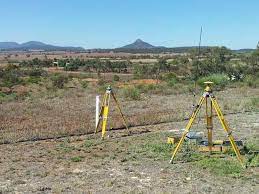
Partial interests, easements & subordinate rights
Beyond full ownership, land may have easements (rights of way), restrictive covenants, or mineral rights. These subordinate interests affect what a buyer can or cannot do. When you buy, inspect whether someone has rights over part of the land (e.g., utility corridors).
Customary / Community land vs private tenure
In Kenya, large portions of land are held under customary / community tenure, not registered freehold or leasehold. These lands are being transitioned into formal titles. Understanding this helps prevent buying land with weak or disputed claims.
Defining Freehold & Leasehold in Kenya
Freehold and leasehold offer quite different rights, restrictions, and durations. In this section, we define each, including conditional freeholds and certificates of leases.
Freehold (absolute proprietorship)
Freehold land, sometimes called “absolute ownership,” gives the owner full control over the land and its improvements. You pay no ground rent, except county rates or taxes. However, some restrictions may remain (zoning, planning, easements). Freehold land gives the longest security for homeowners or farmers.

Leasehold — duration, certificate of lease, lessor/lessee roles
A leasehold interest allows you to occupy and use the land for a fixed term (e.g. 99 years). Under a lease, the land reverts to the lessor at expiry unless renewed. You may pay ground rent, and the lease defines rent review, assignment, and renewal conditions. The certificate of lease is your title to the lease interest.
Conditional freeholds & reversionary interests
Sometimes a “freehold” may be subject to conditions or reversion clauses — for instance, if certain obligations are breached. Also, reversionary interests ensure that upon a triggering event, ownership may revert. Such limitations should be disclosed and made clear in your title documents.
Who Is Eligible & Special Rules (especially foreigners)
Different rules apply depending on your citizenship, company structure, or ownership vehicle. These rules heavily influence whether a leasehold or freehold is viable.
Citizen vs non-citizen rules
Kenyan citizens can hold freehold or leasehold. Non-citizens, however, are barred from owning freehold land and may only hold leasehold up to 99 years under current regulations. This makes freehold land inaccessible to most foreigners.
(Use long-tail: “leasehold vs freehold land Kenya differences for foreigners.”)
Companies, trusts & shareholding limitations
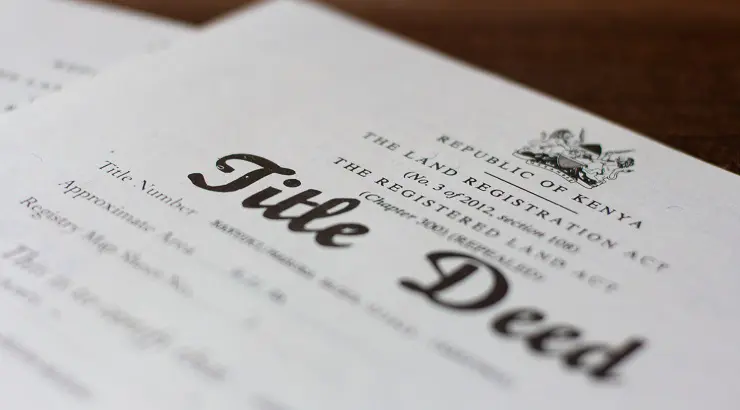
If a company or trust holds land, citizenship rules still apply. A company with foreign shareholding may be considered a foreign entity and restricted to a leasehold. Beware: structuring may affect eligibility.
What happens to foreign-held freehold land
When foreigners hold freehold land illegally, it may be converted or truncated by law. Authorities could force conversion to leasehold. This risk makes leasehold a safer route for non-citizens.
Key Differences: Rights, Obligations & Restrictions
Understanding rights and obligations in each tenure can help you gauge which one fits your goals.
Duration & renewability
Leaseholds expire after their term ends. Some leases include renewal clauses, others don’t. If your lease lacks a renewal option, your investment may lose value as expiry approaches. In contrast, freehold doesn’t expire (barring legal forfeiture or reversion).
Control over development, subletting, assignment, and improvements
Under freehold, the owner generally has full liberty (subject to regulations) to build, subdivide, lease out, or sell. Under a leasehold, you are bound by the lease terms, which may restrict assignment, improvements, or subletting unless the lessor’s consent is obtained.
Payments & charges: ground rent, land rent, rates, stamp duty
Leaseholders often pay ground rent or land rent to the lessor as defined in the lease. Both tenures may attract county rates and taxes. Upon transfer or new lease, stamp duty and registration fees apply—these vary by tenure and duration.
Encumbrances, restrictions & easements
The title to freehold or leasehold land may carry existing encumbrances—mortgages, caveats, liens, easements. Always check for these. They may limit your effective control over the property.
Risk of reversion & priority of claims
On lease expiry, all rights revert to the lessor unless renewal is granted. Also, in a dispute or default, certain claims (mortgage, lien) may take priority. Freehold gives stronger protection against such risks, though not perfect.

Price, Valuation & Financing Implications
Cost and financing are key when comparing freehold vs leasehold land in Kenya.
Market value differences
Freehold typically commands a premium because of perpetual rights. A leasehold with many years left may approach freehold value; but a short-remaining lease drastically lowers worth. Use “leasehold vs freehold investment Kenya” to catch such comparisons.
Mortgage/lending on leasehold vs freehold
Banks often prefer freeholds as collateral, but many will lend on leasehold if the lease term left is long enough (often 15–20+ years). Some lenders discount leases shorter than the threshold. Always check the lender’s policy.
Renewal & extension costs, escalation clauses
Leases often include periodic rent escalation (e.g. every 5 years). Upon renewal or extension, the cost may be steep. These future costs must be factored into your valuation and negotiation.
Internal link suggestion: Link to “Kenya property financing rules” or “how banks value leasehold land in Kenya.”
Due Diligence & Transactional Checklist for Freehold and Leasehold
Before signing, doing due diligence helps you avoid fraud and disputes.
Title deed search, history & encumbrances
Visit the Land Registry or National Land Commission to examine the title’s history, registered owners, caveats, mortgages, and past transfers. Check if the title is current and valid.
Rates clearance & county records
Obtain a rates clearance certificate from the county government to confirm there are no outstanding rates or penalties. Unpaid rates may become a lien.
Land Control Board/consent transfer or lease
If the land is agricultural, you may require approval of the Land Control Board for transfer or long leases. Failure to get consent can invalidate the transaction.
Survey plan & boundary confirmation
Have a qualified surveyor verify the boundaries, confirm the plot matches the plan, and check for encroachments. Mistakes in surveys cause disputes later.
Verifying lease terms: renewal, rent review, assignment
If buying a lease, read the lease carefully for renewal clause, rent increments, alienation/assignment rules, and lessor’s consent rights.
Environmental or zoning compliance
Check the land’s zoning classification, permitted uses, and any environmental restrictions (e.g., wetlands, protected areas). Noncompliance may block development.
Professional advice: advocates, surveyors, valuation
Always involve qualified professionals — an advocate experienced in property law, a registered surveyor, and a valuer. Their opinions reduce risk significantly.

Risks, Pitfalls & How to Mitigate
Every land purchase carries risk. Here’s where leasehold and freehold differ, and how to shield yourself.
Lease expiry & forced reversion risk
If your lease expires without renewal, the land reverts to the lessor, and your rights vanish. To mitigate, negotiate a lease with a renewal option or negotiate the right of first refusal.
Unfavourable lease clauses
Clauses such as high rent escalation, alienation restrictions, or harsh penalties can trap you. Ensure the lease has balanced rent review, assignment rights, and default protections.
Fraud, forged titles, overlapping claims
Kenya has cases of forged title deeds or multiple sales. To mitigate, cross-check the title history, consult the registry, and physically verify ownership. Use solicitors and get indemnity clauses included.
Poor disclosure of ongoing costs or obligations
Sometimes ground rent, maintenance fees, or other obligations are hidden or vague. Demand full disclosures and forecasts of future increase. Always demand full breakdowns in writing.
Regulatory & legal changes
Laws may change affecting land tenure, restrictions or conversion rules. Try to stay updated and include protective clauses in agreement (e.g. renegotiation on law changes).
Use Cases & Buyer Personas: Which Tenure Fits You?
Not all buyers benefit from the same tenure. Here’s how leasehold vs freehold fits different goals.
Urban developers / commercial projects
Developers in cities often prefer leasehold in strategic zones where freehold is scarce. Leases with build-and-lease models give flexibility and control over time.
Homeowners & rural / agricultural investors
If you intend to settle or farm long term, freehold is often better. It gives security and reduces renewal uncertainty. Many farmers and smallholders favor freehold when available.
Foreign investors
Foreign buyers mostly must use leasehold because freehold ownership is restricted. They aim for long leases (99 years) and ensure clauses for renewal and transferability.
Institutional / long-term investors
Institutions may use a portfolio approach — leasehold in high-demand zones, freehold where possible, and structured leases with guaranteed escalations.
When conversion from leasehold to freehold is viable
Some leaseholds may be convertible (if conditions are met). Confirm with the lessor and check whether local laws or lease clauses allow conversion.
Steps to Buy: From Offer to Title Registration
Here’s a concise roadmap (with leasehold vs freehold in mind).
Step 1 – Identify land & negotiate
Shortlist plots, compare offers, and negotiate cost, tenure, and key lease clauses. For leasehold, negotiate rent review and renewal.
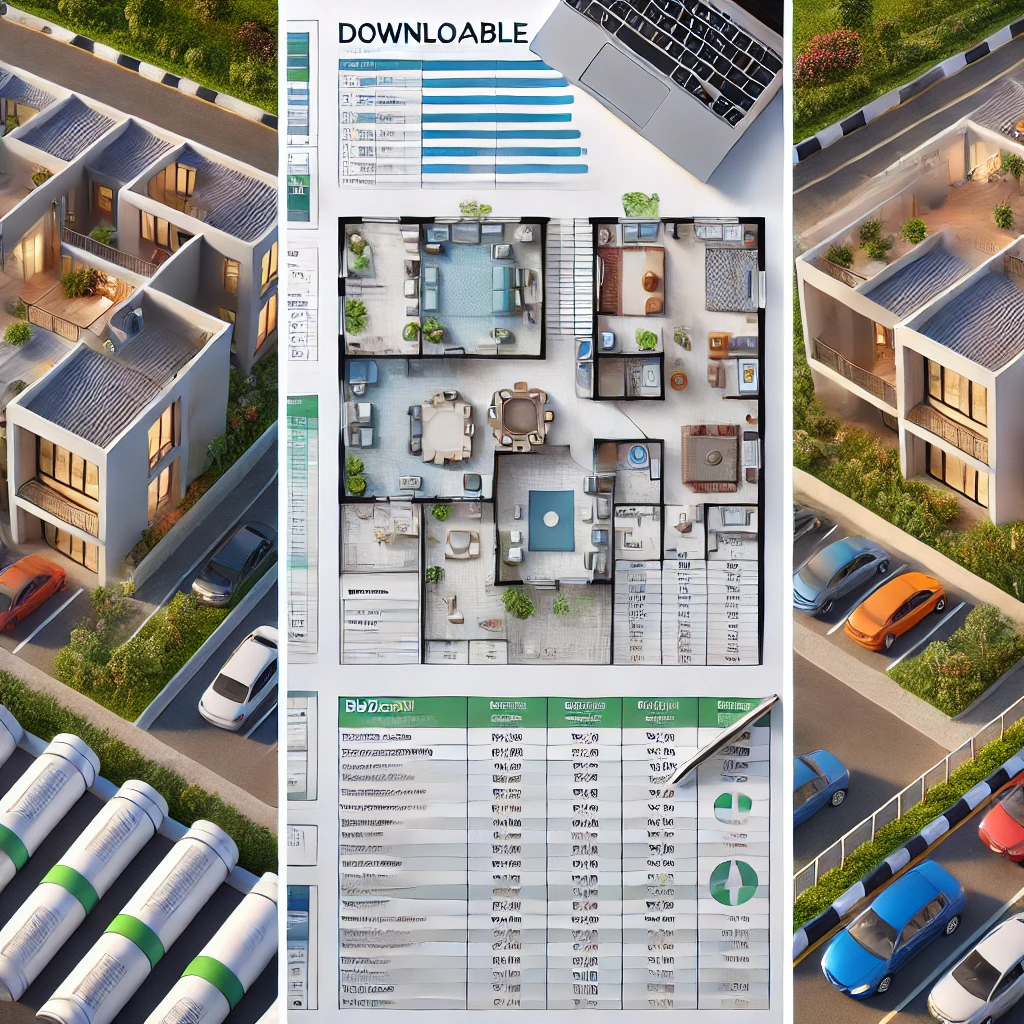
Step 2 – Sign preliminary agreement / deposit
Use a written terms sheet or “booking agreement” that locks essential terms temporarily while you carry out due diligence.
Step 3 – Conduct due diligence
Perform all checks from the “Due Diligence Checklist” section above: title, surveys, approvals, outstanding rates, environmental constraints.
Step 4 – Apply for consent / approvals
Obtain Land Control Board consent for agricultural land, NLC or county approvals if required. For leases above certain durations, additional approvals may be needed.
Step 5 – Draft & execute transfer or lease deed
Engage a qualified advocate to draft a lease or transfer deed that aligns with negotiation. Include renewal, review, assignment, and default clauses.
Step 6 – Pay stamp duty, registration, fees
Calculate and pay stamp duty, registration, and administrative costs. Rates differ by tenure and lease duration.
Step 7 – Register the title or lease
Submit documents to the Land Registrar / National Land Commission to effect registration and change of ownership or lease record.
Cost Examples & Comparison
Understanding real numbers can guide choice and negotiation.
Sample freehold transaction
Suppose you buy 2 acres of freehold peri-urban land. You may pay 3–4% stamp duty of the land value, registration fees, lawyer and surveyor costs. After purchase, only city/county rates may apply.
Sample leasehold transaction
For a 99-year lease on similar land, you pay the lease premium plus ground rent (say KES X per year). You may also pay escalation every 5 years, renewal costs at expiry, and registration costs.
Sensitivity: remaining lease years vs value
If your lease has only 20 years left, the value may drop significantly (discount factor). A 99-year lease with 80 years remaining sells close to freehold; 30 years left might reduce value by 30–50%.
Trends, Reforms & Future Outlook in Kenya’s Land Sector
Where is land tenure headed? These trends may affect your decision.
Digitization & e-registry of titles
Kenya is moving toward digitizing land registries and title systems. This reduces fraud and makes title deed verification easier for buyers.
New look title deed formats & security features
To deter forgery, new title deeds and lease certificates now include watermarks, security paper, and QR verification.
Proposed reforms in leasehold policies & renewal rules
Draft reforms suggest more favorable renewal rights, stricter controls on escalations, and better transparency. These may improve leasehold as an option over time.
Urban land pressure & tenure shifts
As cities expand, freehold land becomes scarce, pushing more developments into leasehold or stratified ownership (condominiums, apartments).
Conclusion & Recommendation
In weighing leasehold vs freehold land Kenya, freehold remains the strongest choice when available — especially for homeowners and farmers seeking long-term security. Yet leasehold offers flexibility, access for foreigners, and viability in high-demand zones where freehold is rare.
Choose freehold where possible; if forced into leasehold, insist on favorable renewal, balanced escalation, and strong assignment rights. Use the due diligence checklist above to protect your investment.
Need help? Consult a qualified advocate, surveyor or real estate expert to review your documents before committing.

